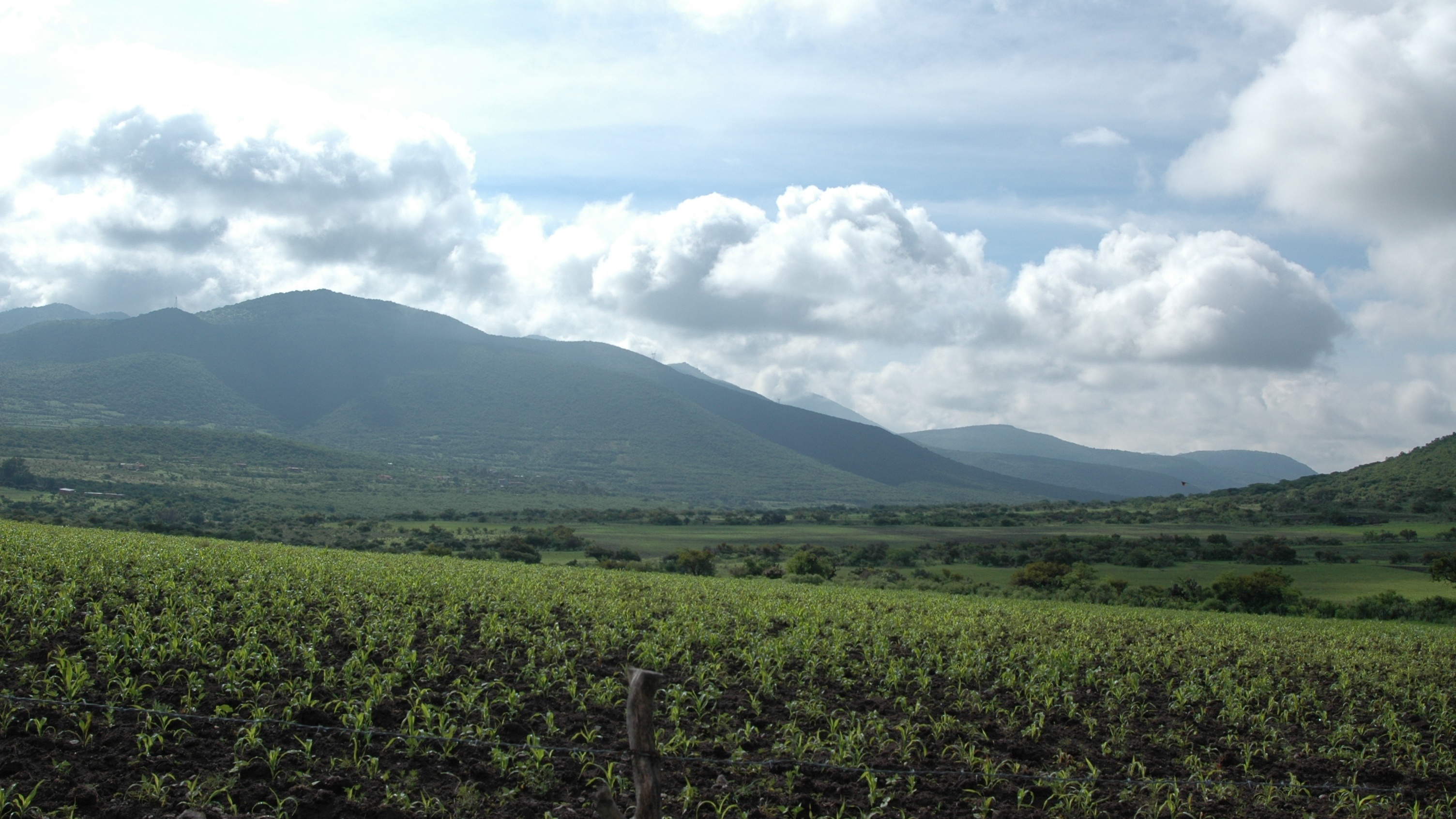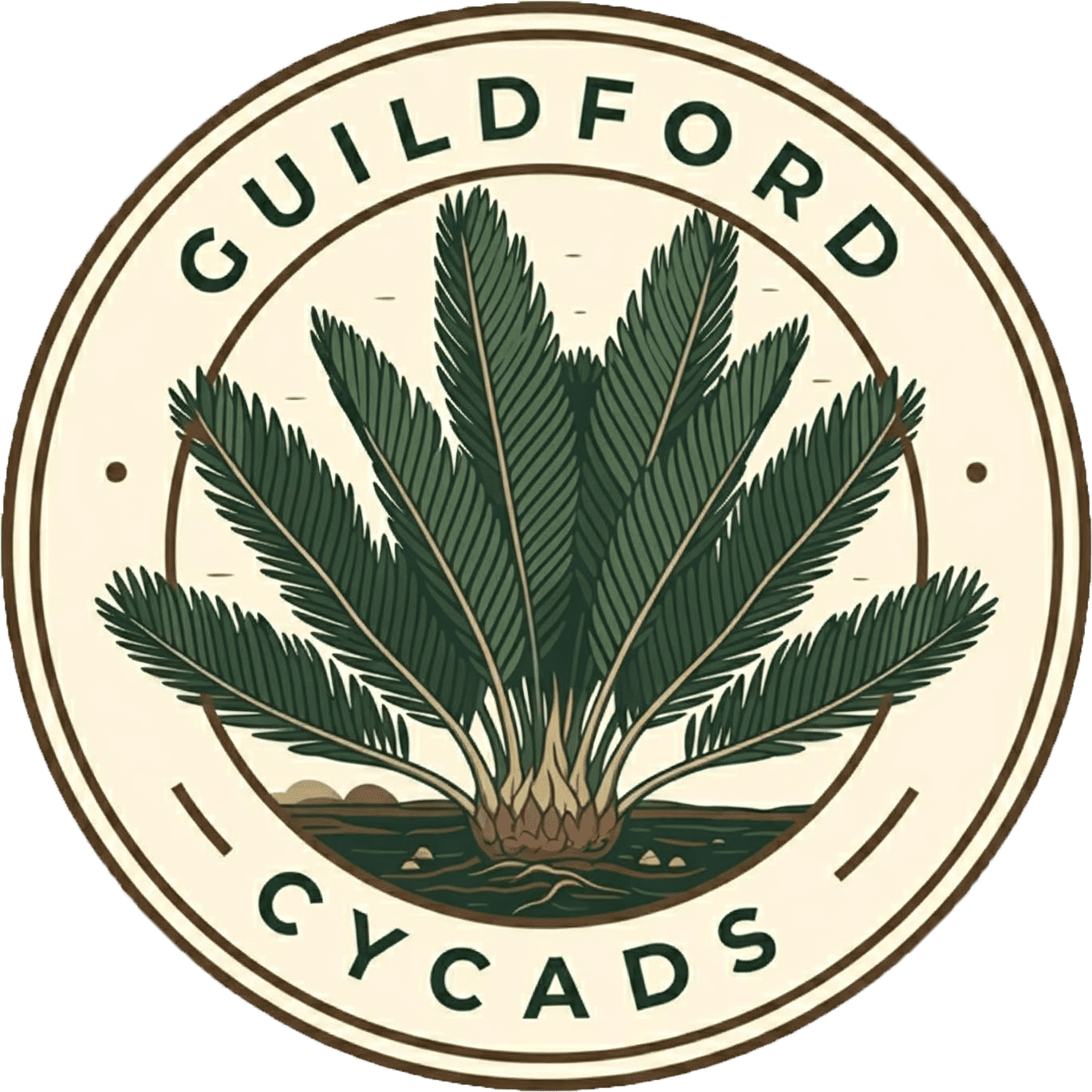
Our goal is to clearly position Regenerative Agriculture within the organic agriculture paradigm of nature-based systems. IFOAM – Organic International’s four principles of organic agriculture serve as criteria to evaluate whether practices are regenerative or degenerative. Degenerative practices, which are, by definition, the opposite of regenerative, cannot be deemed regenerative.
The Regeneration International Standard offers a straightforward transition pathway from degenerative industrial agriculture to a credible regenerative system.
Operators can get certified to the following levels.
Regenerative A Grade – meeting all the requirements
Regenerative in Transition – in the process of meeting all the requirements
We aim to encourage farmers to take the first step in the change paradigm. This is often the most challenging aspect of any transition process. Under our standard, it’s straightforward for operators to achieve certification as Regenerative in Transition. Consequently, we have made it easy for farmers to start their journey toward becoming regenerative, with the ultimate goal of achieving a Regenerative A grade.
The Regeneration International Standard is clear and straightforward, rather than a lengthy or complex regulatory document. It aims to be user-friendly for farmers and landholders, especially since many farmers in the developing world have limited education and find it difficult to understand complex certification standards. This standard was developed with the original intentions of organic standards before they evolved into extensive regulatory frameworks that can be costly in both time and money for farmers to comply with.
It utilizes principles and guidelines rather than mandated practices, allowing farmers and land managers to select the most suitable practices and inputs while fostering innovation. The primary goal of this standard is to inspire a paradigm shift from current degenerative agricultural systems to those that restore soil, biodiversity, climate, community, equity, care, and health. The standard empowers operators (farmers, ranchers, land managers, First Nations owners, etc.) to take the lead in defining their individual paradigm shifts.
Despite having more prohibitions than most organic standards, it remains a significantly easier and more accessible certification standard.
Certified operators need a transition plan that outlines the timeline for reducing and eliminating prohibited products or production methods. There is no set period for operators to transition to Regenerative A Grade. However, all operators certified to Regenerative in Transition must specify time frames and methods for eliminating prohibited inputs and practices. This should be revised annually, with an emphasis on continuous improvement. Because Regenerative A Grade operators are certified by organic certifiers, it is a small step for them to become certified organic.
To help them acquire the skills and expertise, we offer our university-accredited online certificate course in regenerative and organic agriculture, which utilizes the science of agroecology, twice a year.
Operators can obtain certification to the Regeneration International Standard as a standalone option without requiring certification to other standards. Additionally, they can certify under their respective national organic standards, along with other standards and schemes. Our goal is to make this standard as farmer-friendly as possible, allowing operators to select the options that best suit their businesses and markets.
We established Regeneration International (RI) in 2015 as an umbrella organization—a collaboration of like-minded, nature-based systems aimed at facilitating the transition from industrial agriculture, which poses an existential threat to our communities and the planet. A small group of leaders from the organic, agroecology, holistic management, environmental, and natural health movements, including Dr. Vandana Shiva, Ronnie Cummins, and I, founded Regeneration International as a truly inclusive and representative organization.
The need to form an international regeneration movement was partly inspired by the development of Organic 3.0 by IFOAM—Organics International during my presidency. Organic 3.0 was conceived as an ongoing process that enables organic agriculture to actively engage with social and environmental issues and be recognized as a positive change agent.
One aim of Organic 3.0 was to collaborate with like-minded organizations and movements to enhance the sustainability of agriculture as a whole. The concept was to position organic agriculture as a positive lighthouse of change, aimed at improving the sustainability of mainstream agricultural systems.
However, when engaging with these like-minded movements, we faced considerable hostility towards organic agriculture, especially certified organic farming.
We needed a neutral term that didn’t carry any baggage. Choosing a name that included ‘organic’ or ‘agroecological’ would alienate many potential stakeholders, including agroforestry, holistic management, permaculture, and others.
We chose ‘regenerative’ as a clear, neutral term to engage farmers and other stakeholders in a paradigm shift. Most stakeholders recognize the need for regenerative agriculture, and the concept of regeneration resonates deeply with them.
Before 2015, few people had heard of regenerative agriculture. Now, it is featured in the news daily around the world and is being rapidly embraced by the agricultural community and its stakeholders. As of this writing, RI has expanded to over 670 partner organizations across more than 80 countries in Africa, Asia, Latin America, Oceania, North America, and Europe, showing consistent monthly growth.
We launched our Regeneration International Standard at the beginning of March 2025. It is featured on the front page of our website. Since then, we have partnered with the Organic Food Chain, an Australian certifier that has begun certifying farmers to this standard.
Regeneration International offers this standard to a select group of organic certifiers whose systems we have evaluated. It will be available exclusively to organic certifiers because they possess the most effective systems for verifying farming practices and preventing fraud.
The post The Benefits of the Regeneration International Standard and Certification – Growing and Selling with Integrity appeared first on Regeneration International.
